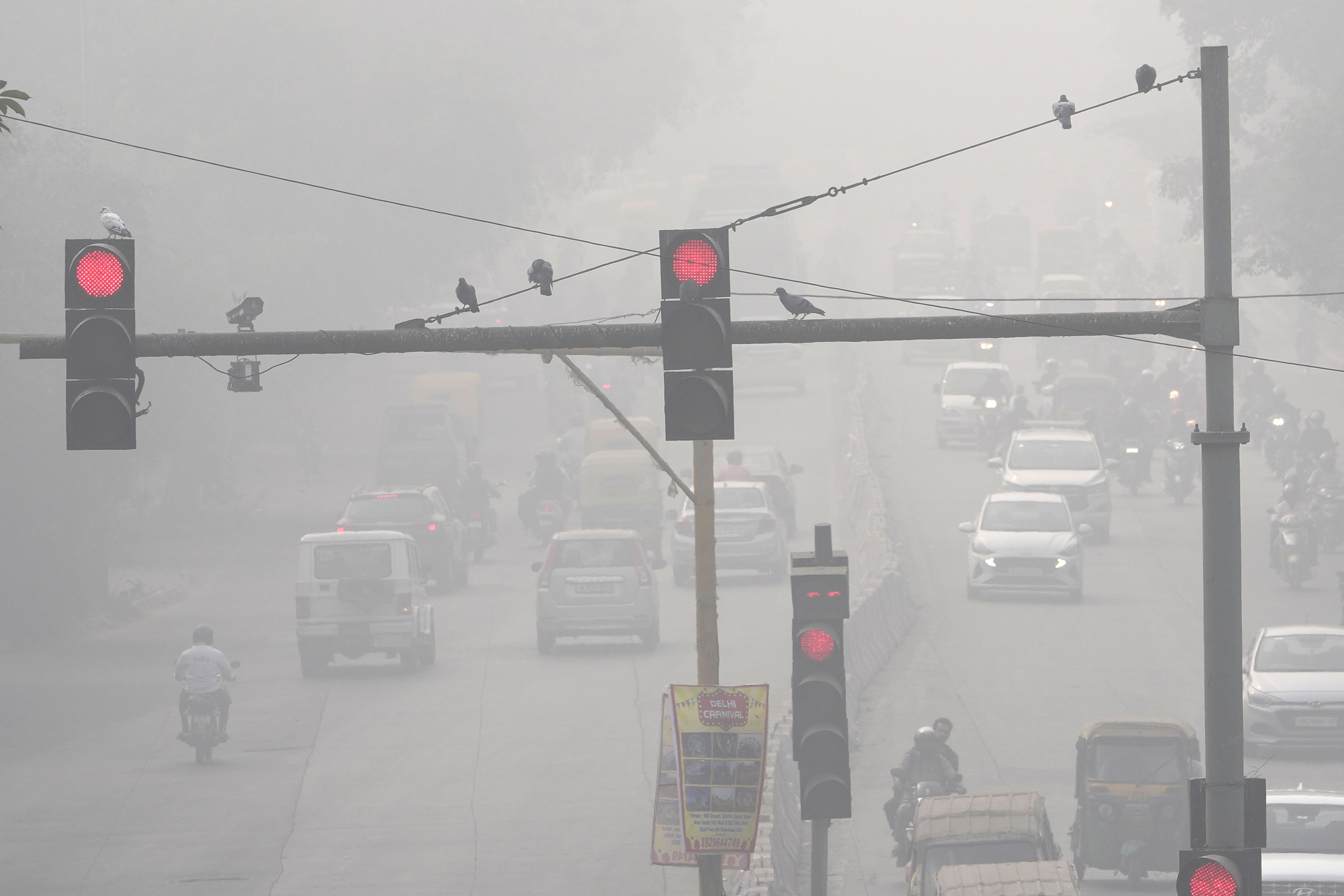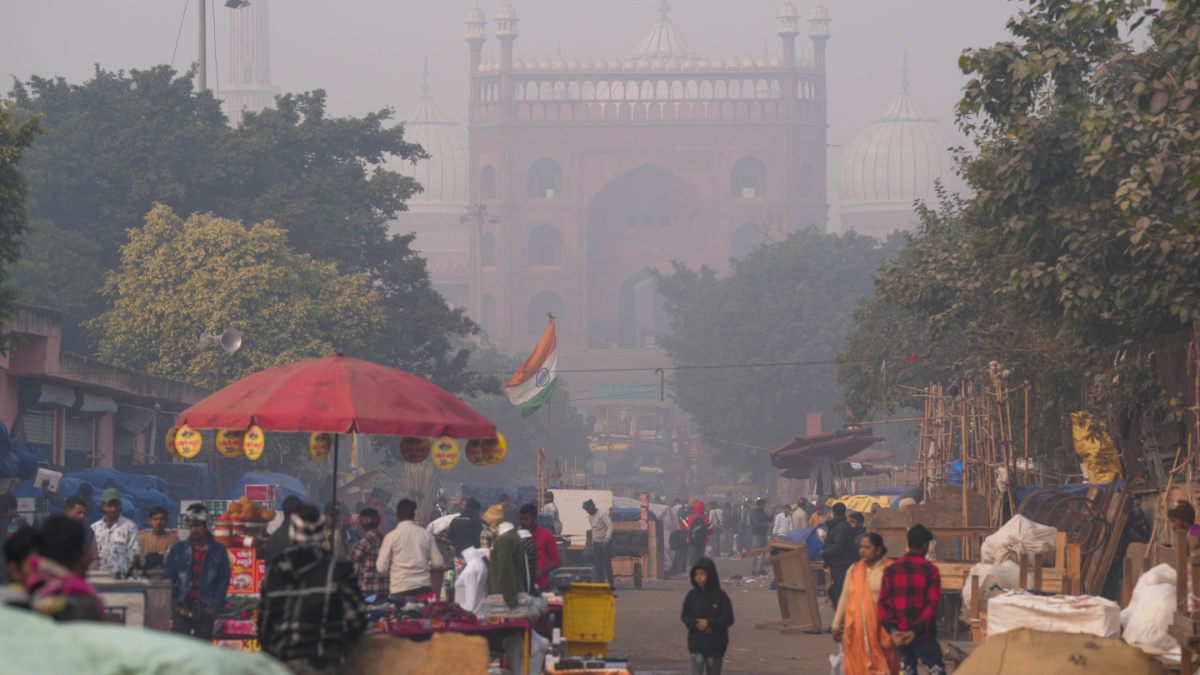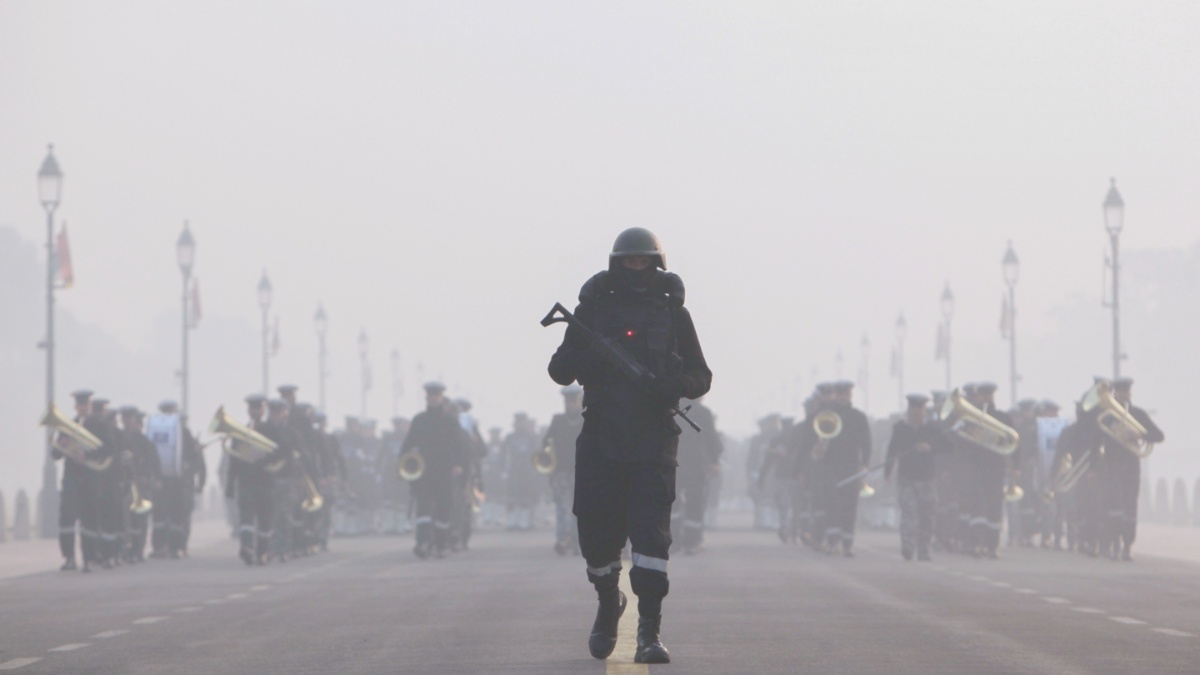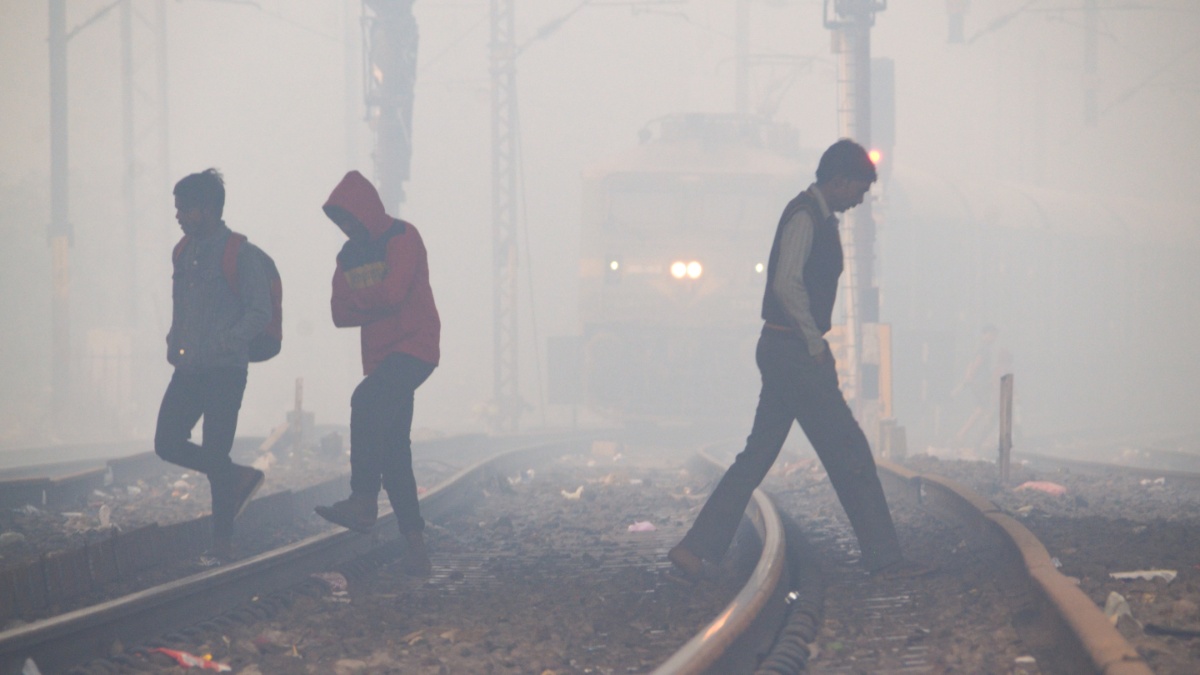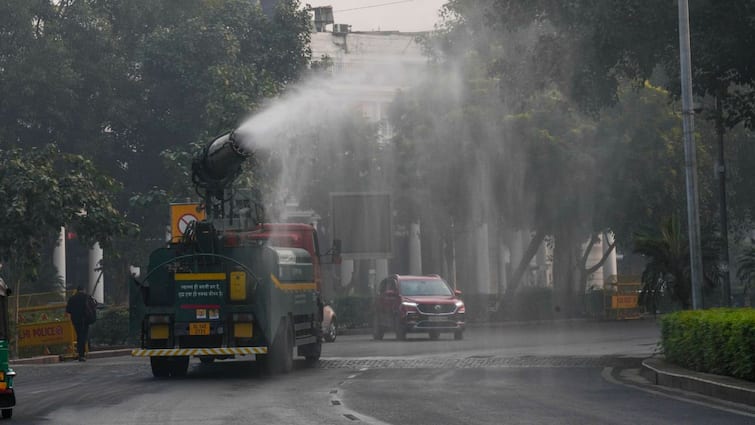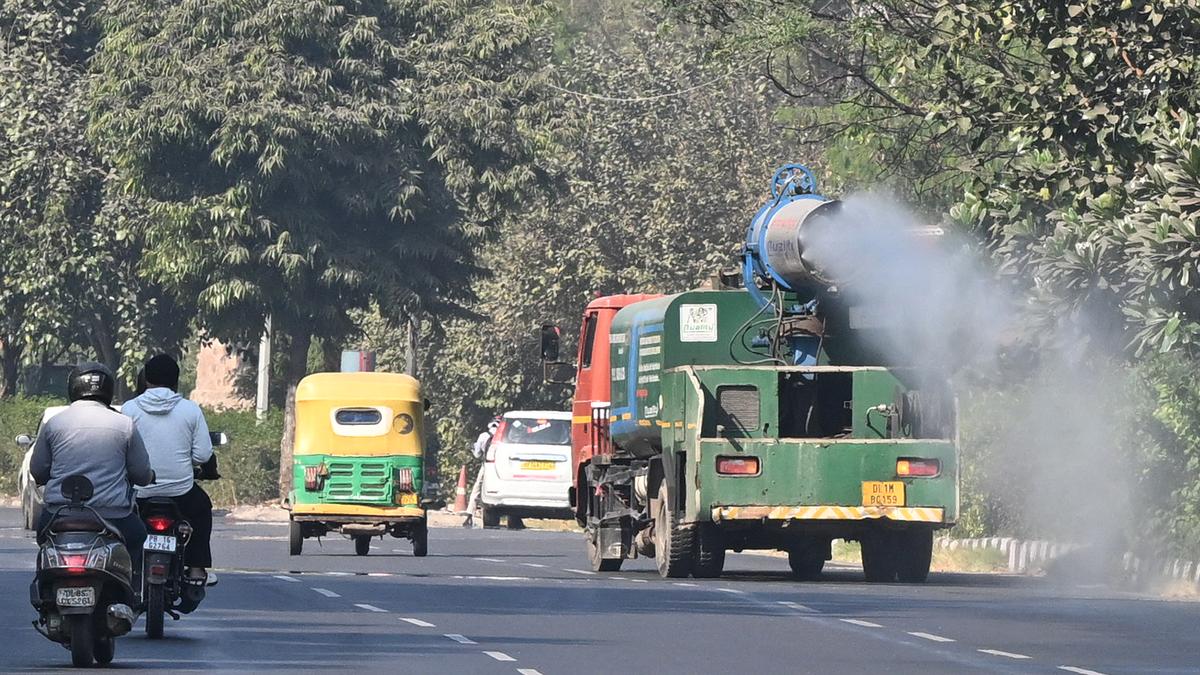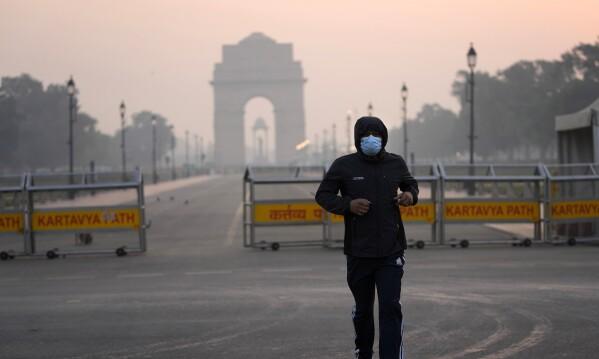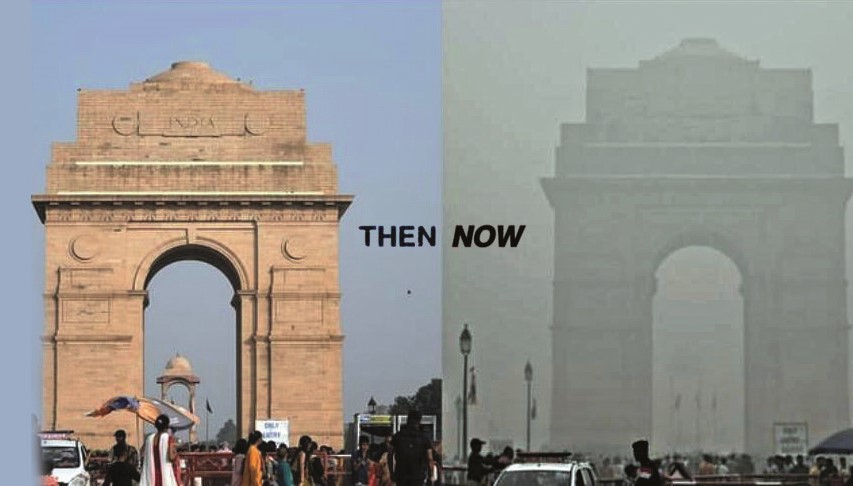
Breathless In The City
Deccan ChronicleDelhi’s alarming AQI levels have reached a fuming 484 despite control measures in place, from bans on truck entries to suspension of construction projects. Weathermen Speak Breathe Easy Here are some tips by Dr Pallavi Periwal • Avoid going out during peak traffic hours • Avoid outdoor exercise and walk • Keep windows closed at home and in cars while driving • If suffering from respiratory ailments, please be regular with your medication • Limit outdoor activity to just essential work• Avoid going out during peak traffic hours• Avoid outdoor exercise and walk• Keep windows closed at home and in cars while driving• If suffering from respiratory ailments, please be regular with your medication • Don't smoke "The adverse effects of smog vary from subclinical effects such as irritation in the trachea to long-term genetic mutations and premature deaths.” — Dr. Pallavi Periwal, Consultant International Pulmonologist and Critical Care Physician from AANCH Hospital, Jaipur Stating that such a situation usually arises due to the absence of ‘western disturbances’ over North India, this situation tastes a bit of relief if and when its nearby region receives rainfall. She says, “The adverse effects of smog vary from subclinical effects such as irritation in the trachea to long-term genetic mutations and premature deaths” Adding further, “Other major diseases harboured by smog are asthma, bronchiolitis, coronary artery diseases, arrhythmia to name a few.” Dr Pallavi also cautions that for those with asthma, the present situation with a poor AQI across cities like Hyderabad, Mumbai and Delhi could worsen bronchial or lung inflammation conditions. Dr Pallavi shares, “Several studies show that nutrients such as vitamin B Complex, Vitamin C, Vitamin E and D along with Omega-3 PUFA have protective effects against the damage induced by particulate matter.” She suggests that having a diet rich in antioxidants, essential micronutrients and other anti-inflammatory nutrients like green-leafy veggies or fruits such as lemon, berries, oranges or seeds too could help deal with the oxidative damage and inflammation caused by the air pollution rising across cities. He says, “The AQI of Delhi is highly concerning as many areas have also reported levels exceeding 1000,” He continues, “Mumbai’s AQI is relatively between 100 and 200 with Hyderabad exhibiting similar conditions”However, Rushikesh believes Mumbai has a slightly added benefit of air ventilation that helps it a bit in maintaining relatively better air quality.
History of this topic
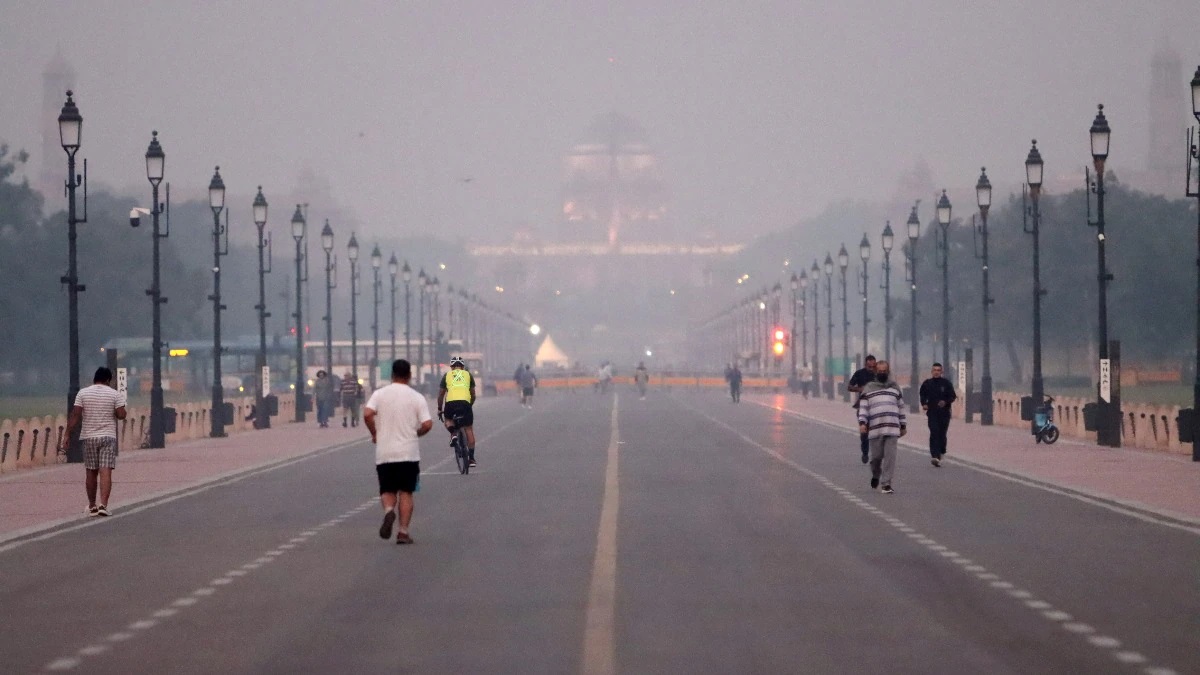
Delhi's air quality remains 'severe', thick smog envelopes city | Check IMD's prediction
India TV News
Delhi chokes as air quality nears 'severe plus', dense fog amid cold wave - Delhi News
India Today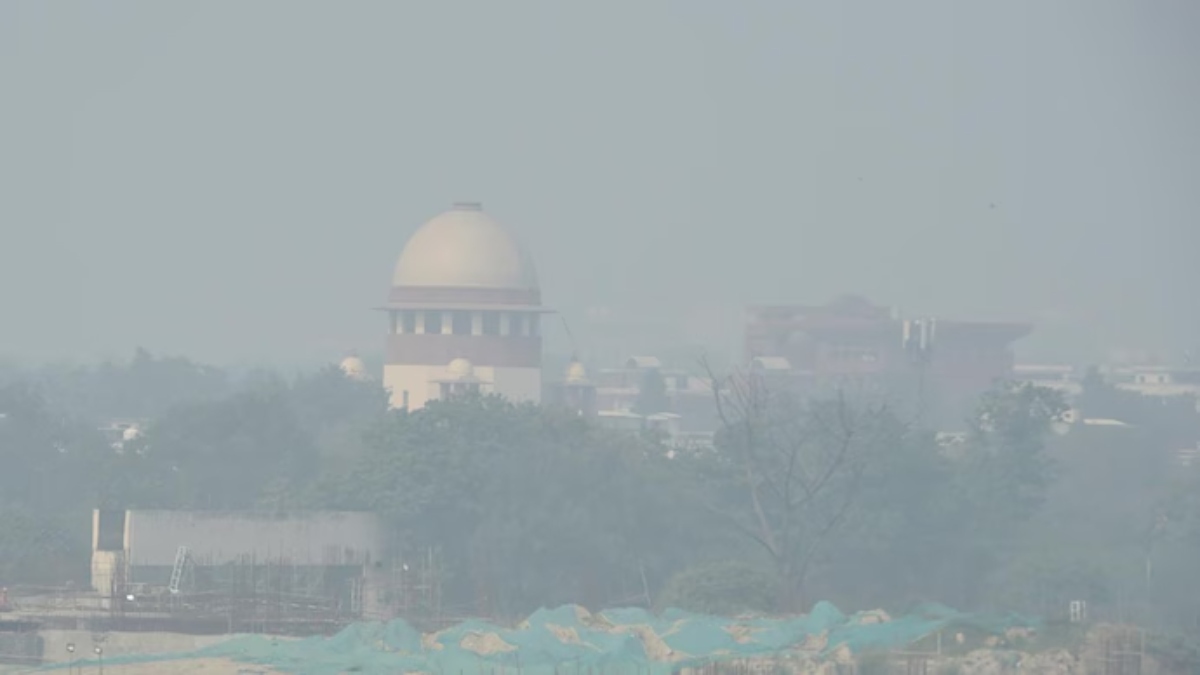
Supreme Court directs UP, Haryana to impose complete ban on firecrackers as Delhi's air quality worsens
India TV News
Weather body issues alert for dense fog in Delhi as air quality deteriorates
India Today
No relief from toxic air despite curbs in force
New Indian Express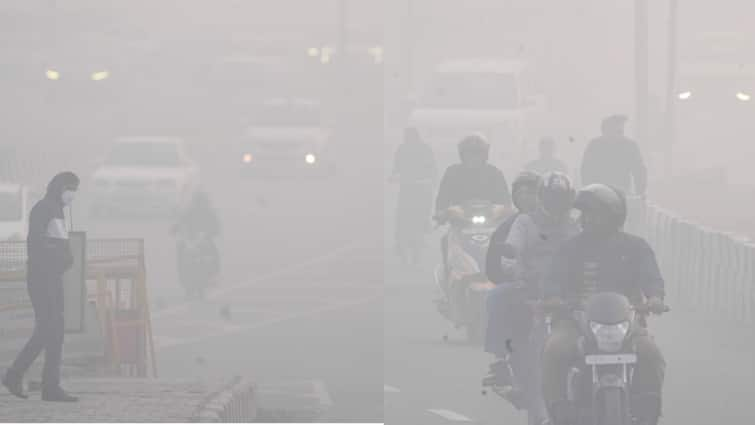
Dense Smog Blankets Delhi Amid 'Severe' Air Quality, Temperature Drops To 5°C
ABP News
Moderate fog in Delhi as AQI remains ‘severe’; minimum temperature 5.9°C
Hindustan Times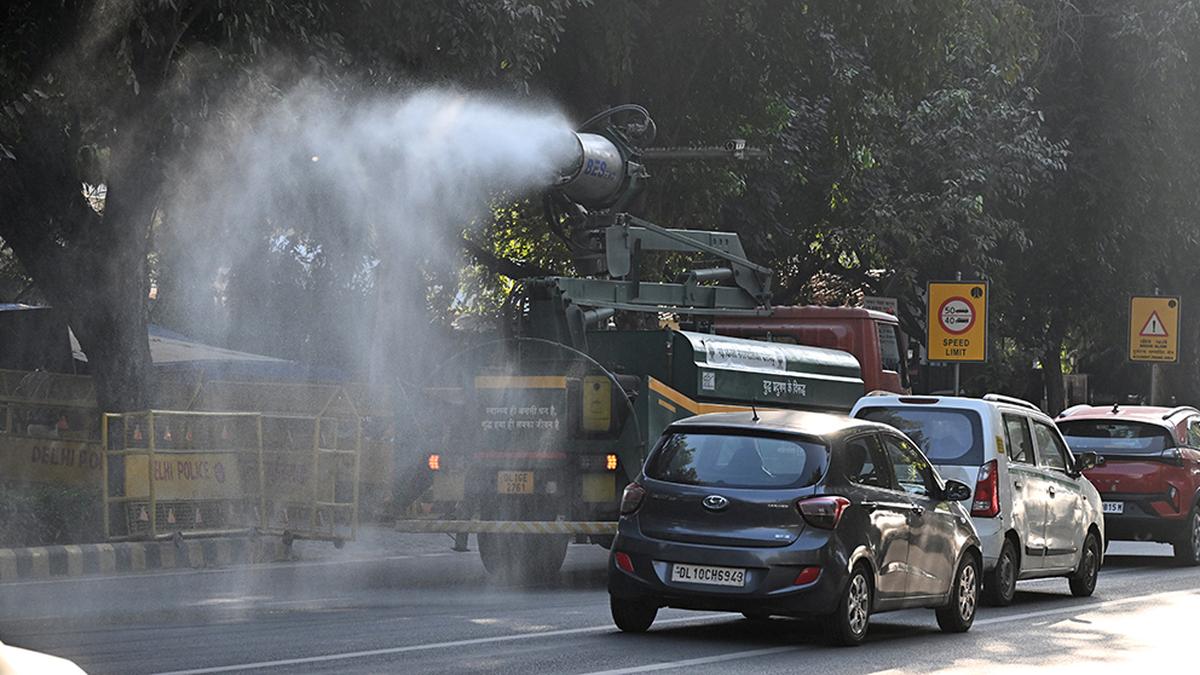
Delhi pollution: Air quality slips to severe category; CAQM tightens curbs
The Hindu
Stricter anti-pollution measures reinforced in Delhi as AQI drops amid cold wave
Hindustan Times
India’s novel attempts at battling deadly air pollution are falling short
Live Mint
Delhi's air quality remains poor with AQI at 212 even as cold wave abates
Hindustan Times
Delhi smog: Meet the kids struggling to breathe in India’s choked capital
CNN
Delhi's toxic air crisis: Can 'cloud seeding' be the solution to hazardous pollution levels?
India Today
Delhi air quality remains 'poor', light rain today expected to intensify cold
India Today
Slight relief as Delhi air quality remains ‘moderate’ for third day
New Indian Express
At 7.1°C, Delhi wakes up to coldest morning of season, air quality 'poor' again
India TodaySmog, Sweet Smog | Power Play by Anand Mishra
The Hindu
Air pollution is a national problem. Can you live with it?
Live Mint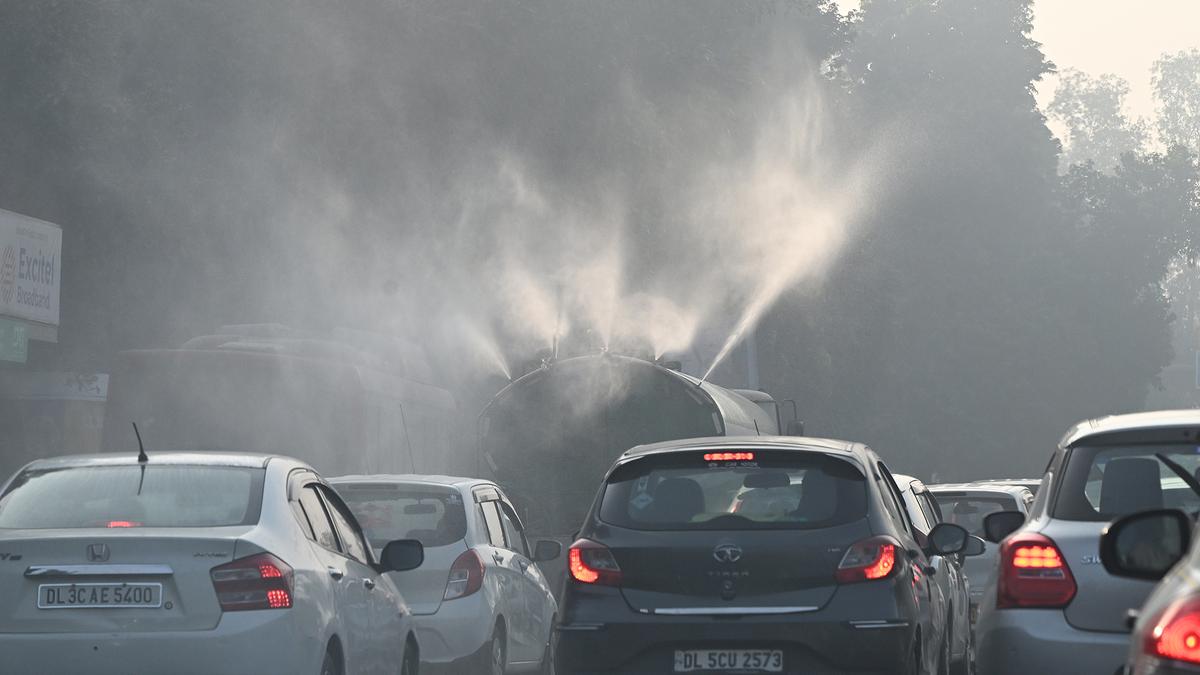
Delhi air pollution: National Capital records 'moderate' air quality
The Hindu
Nitin Gadkari on why he doesn't like to visit Delhi: Terrible pollution
India Today
Delhi's air crisis: Worst November in 8 years sparks calls for action
India Today
Union Minister Nitin Gadkari’s Candid Take On Avoiding Being In Delhi: ‘Itna Bhayankar Pollution Hai…’
ABP News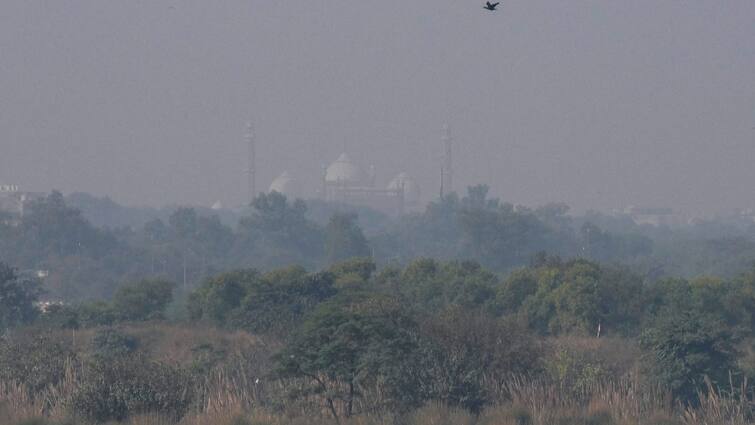
Smog Continues In Delhi Despite AQI Fall, Mumbai Sees Hazy Morning As Well
ABP News
Delhi breathes easier as AQI in 'poor' category for three consecutive days
New Indian Express
‘Until downward trend in AQI’: Supreme Court says ‘no’ to relaxing GRAP-4 curbs in Delhi
Hindustan Times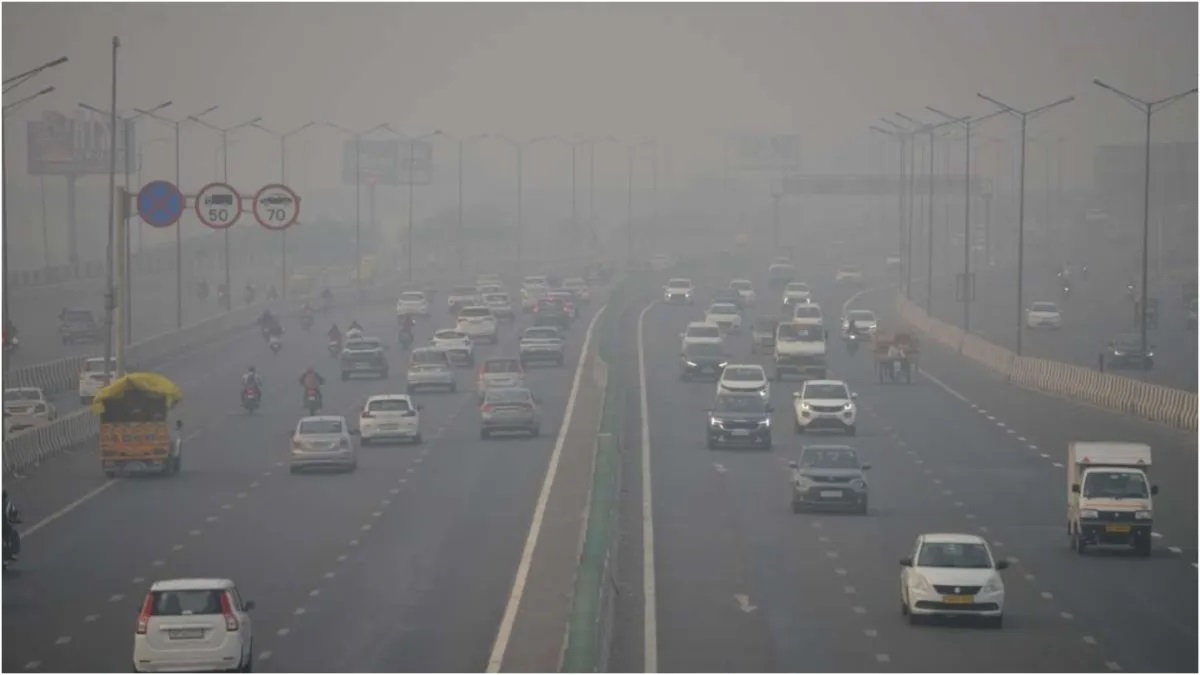
Delhi air quality remains in 'very poor' category for third consecutive day
India TV News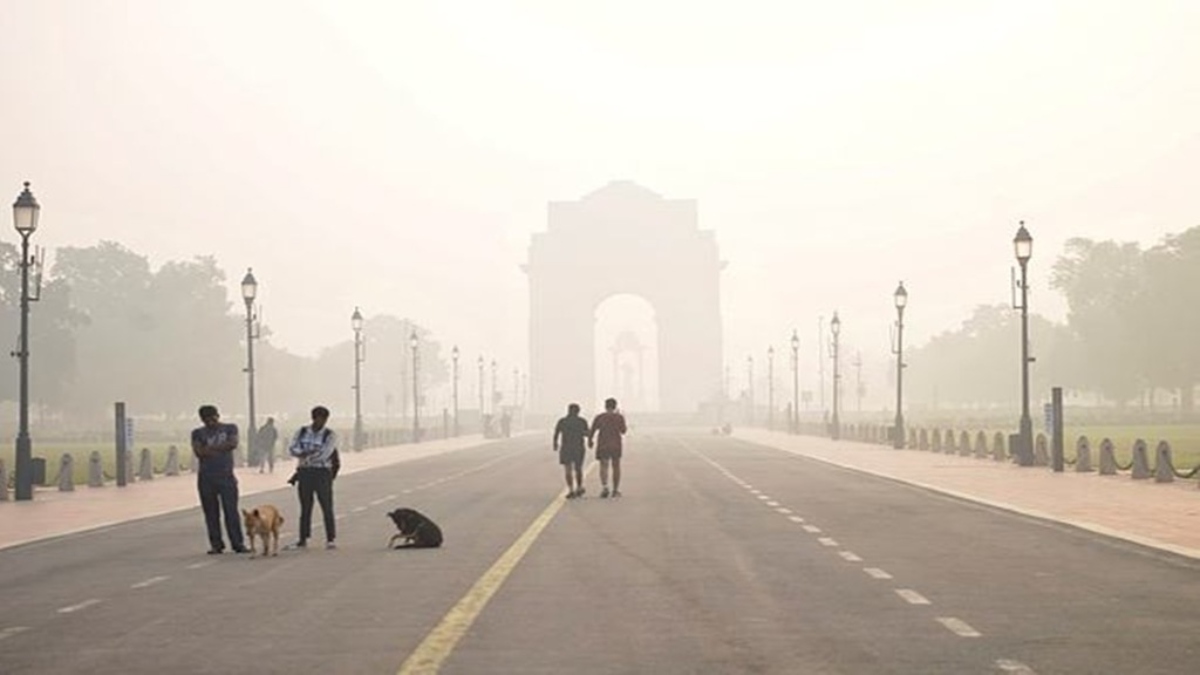
Delhi’s air quality hits 'very poor' category again, hazy conditions persist
India TV News
Winds continue to carry off pollutants, improve Delhi air
Hindustan Times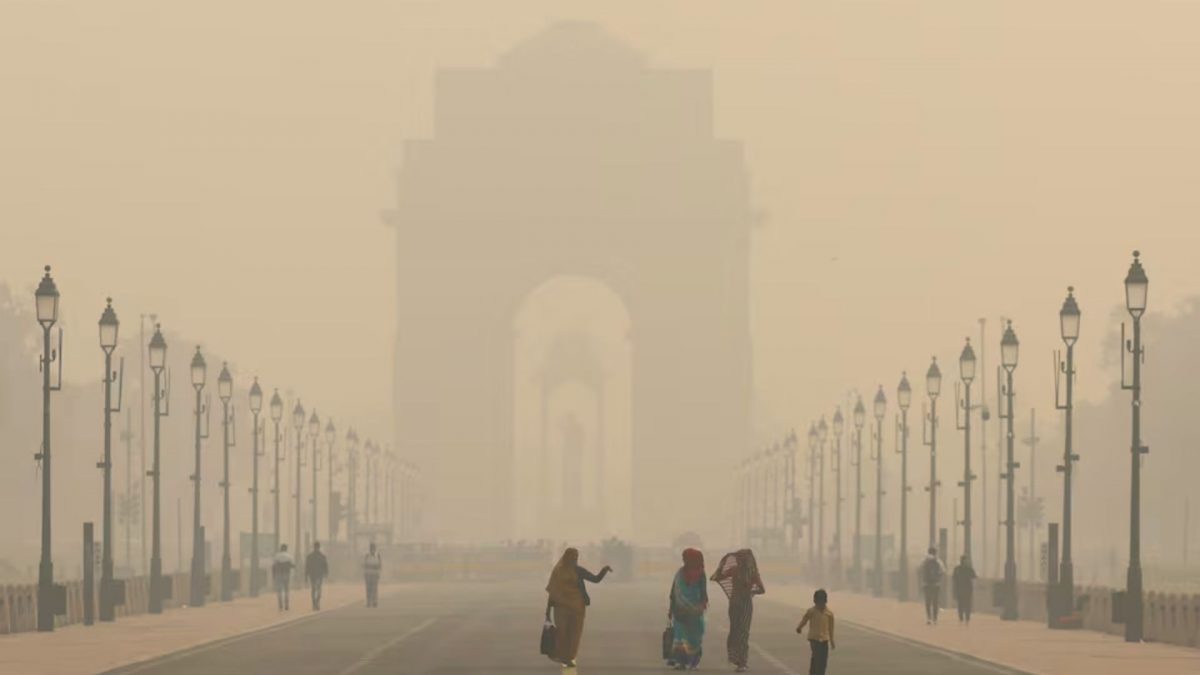)
Should India move its capital out of New Delhi to escape air pollution, but to where?
Firstpost
Delhi’s AQI improves slightly, edges to ‘poor’ category; min temperature 10.4°C
Hindustan Times
Seven-year-long IIT-Kanpur study reveals worst pollution trends in Delhi
India Today
Breathless in India: Polluted air isn't Delhi's problem alone anymore
India Today
Capital continues to reel under ‘very poor’ air quality amid heavy smog
New Indian Express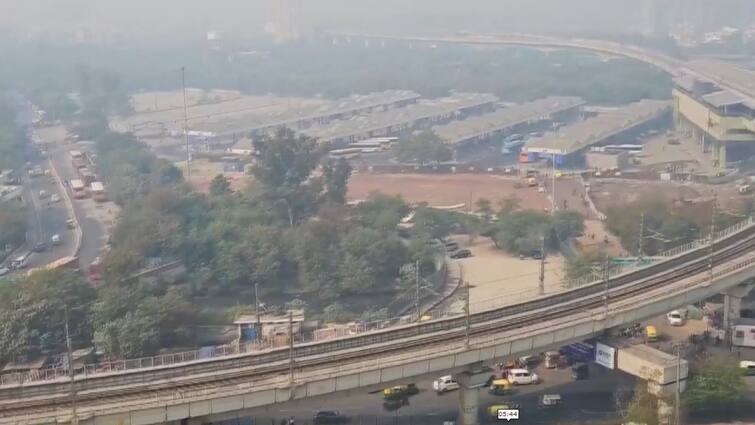
Delhi Pollution: AQI Nears 'Severe' Mark As 'Very Poor' Air Quality Chokes Capital
ABP News
Delhi air pollution: Schools in Delhi-NCR to adopt hybrid mode for classes up to 12th grade amid ‘very poor’ category
Live Mint
Delhi’s air quality on brink of ‘severe’ again day after brief improvement
Hindustan Times
AQI today: Delhi NCR struggles with worsening air quality; Check pollution levels in Kolkata, Mumbai, Chennai, etc
Live Mint
This drug has become top seller as Delhi's air quality worsens
India Today
Delhi pollution worsens as winds slow down again
Hindustan Times
AQI today: Despite some relief, Delhi tops list of 10 most polluted cities in India, check AQI of Mumbai, Chennai, etc
Live Mint
Delhi Air Quality Sees Significant Improvement, But National Capital Yet To Breathe Clean Air
ABP News
Delhi's air quality improves, Supreme Court order on anti-pollution curbs today
India Today
We breathe 9,000 litres of air a day. It's not enough in Delhi
India Today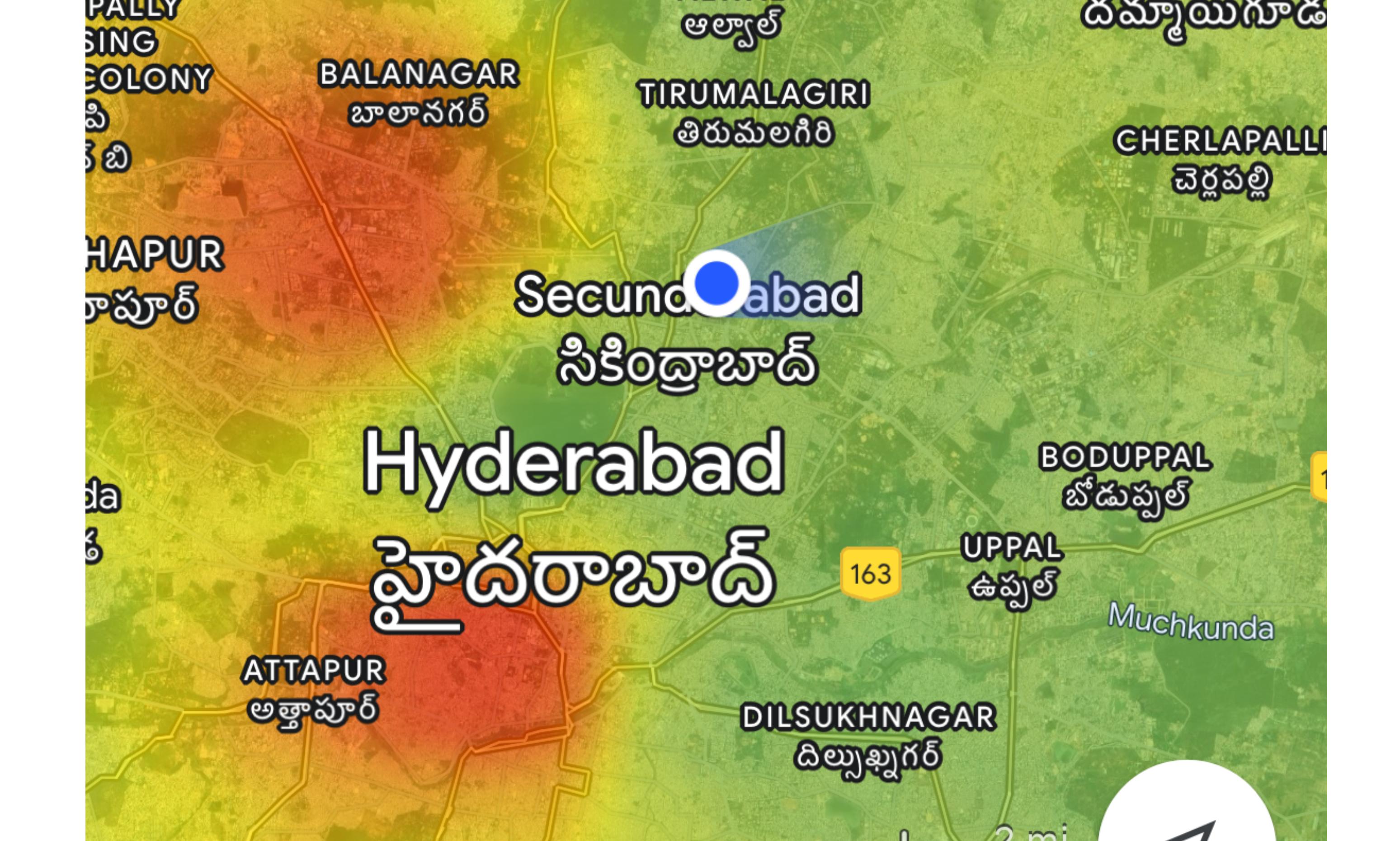
Spike in Hyderabad’s Air Pollution: City Logs Worst AQI of 2024
Deccan Chronicle
Respite from extreme pollution as air quality limps to ‘very poor’ in Delhi
Hindustan Times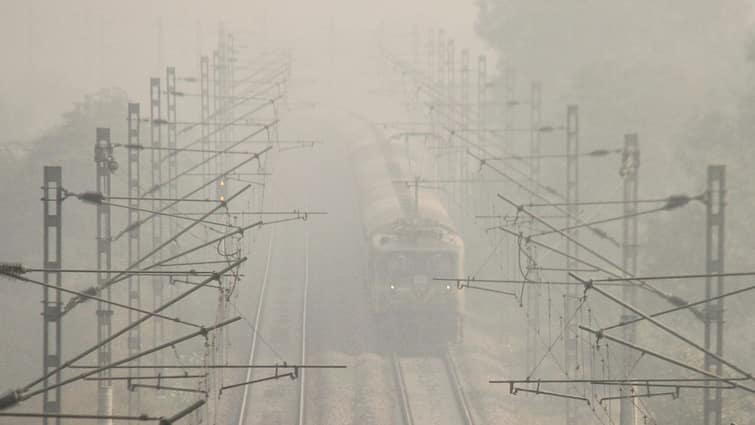
Delhi Continues To Reel Under 'Very Poor' Air Quality, Noida Schools To Remain Closed
ABP News
AQI Today: Delhi air pollution ‘very poor’; Visuals show Mumbai, Agra’s Taj Mahal covered in smog
Live Mint
Delhi gets no respite from ‘severe’ air
New Indian Express
Delhi-NCR battles ‘severe’ pollution as AQI reaches toxic levels; PM2.5 and PM10 pose health risks
Live Mint
Delhi's air quality turns ‘severe’ again; AQI at 420
Hindustan TimesDiscover Related







